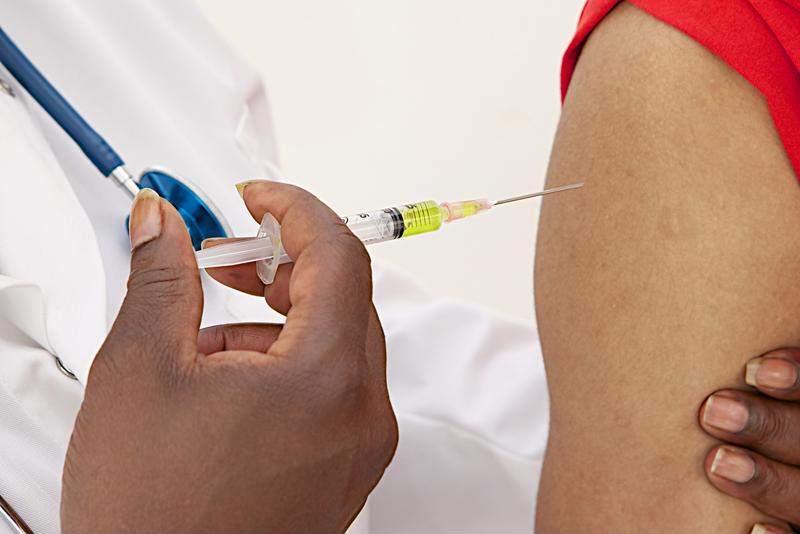A big part of the problem is the vaccine is being developed - and eventually pushed to production - amidst an economic downturn that means many businesses are actually shrinking their supply chains, according to Bloomberg News. Moreover, supply chains for vaccines and other medical products require specialized services and even with thousands of specially equipped cargo planes - it's likely only about half the global population could get a vaccine in a timely fashion. Simply put, that kind of transport infrastructure isn't exactly readily available these days.
"We're not prepared," Neel Jones Shah, global head of air carrier relationships at the freight company Flexport, said during a recent webinar, according to Bloomberg. "Let's all be honest here, vaccine supply chains are exponentially more complex than PPE supply chain. You can't ruin PPE by leaving it on the tarmac for a couple of days. You will destroy vaccines."

Getting a head start
For these reasons and more, the understanding in the supply chain sector is that they need to start ramping up capacity to handle shipping of a potential vaccine in relatively short order, according to Medical Xpress. With well over 100 vaccines being tested worldwide, including a few dozen that are already in human trials, it's possible that a workable cure is just months away from being ready for mass production. On the other hand, some experts believe a vaccine that can be made in large quantities may be more than a year from being ready.
Effectively, that means freight companies may just need to have shipping processes on standby, just waiting to be activated, the report said. As such, shippers would be wise to start crafting their response plans now, so they can be "switched on" and ready to go with relatively short notice, even if the likelihood of having hundreds of millions of doses produced in short order is somewhat remote.
A bit of runway
Currently, even if a vaccine is proven effective and approved by regulators around the world tomorrow (which is certainly unlikely), it would still take months to ramp up production, let alone actually start distribution, according to European Pharmaceutical Manufacturer magazine. With that understanding, many of the world's biggest drug companies say they are simultaneously massing power for their supply chains so that the roll-out of a potential cure - no matter who develops it - is as smooth as possible. That includes the production of single-use vaccine equipment that helps ensure the fastest treatments.
Certainly, those companies in the medical supply chain would be wise to start crafting strategies and partnerships to ensure they can play a critical role in reading and reacting to whatever situations develop in the months ahead, and keep a close eye on what may be asked of them.



Post A Comment:
0 comments so far,add yours